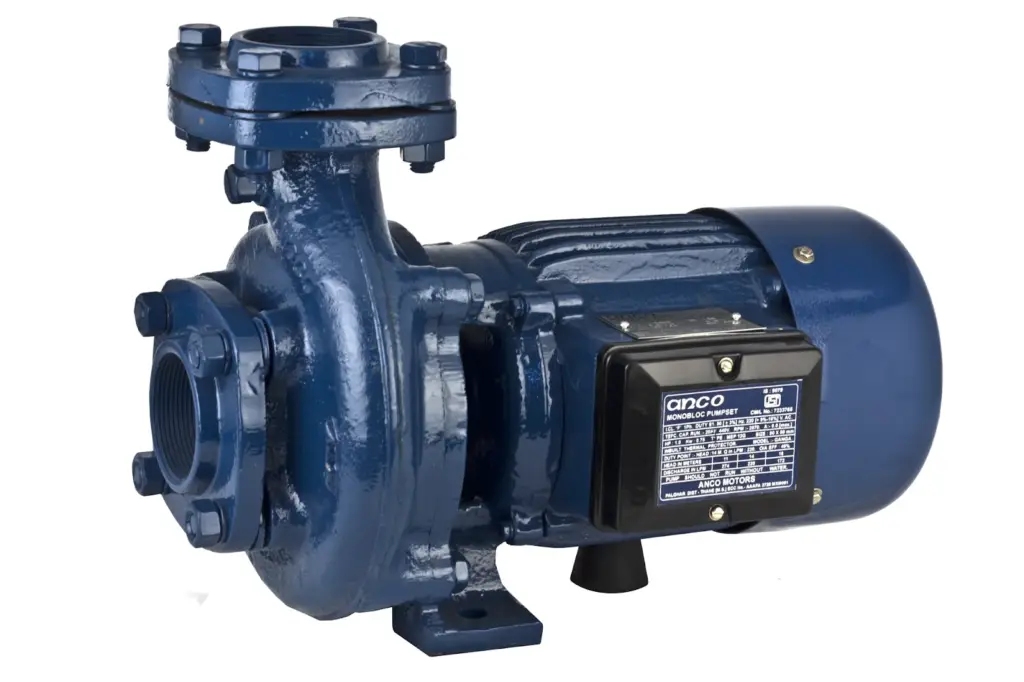Industrial pumps are crucial for ensuring that heavy-duty projects run smoothly. From construction sites to manufacturing plants, the right pump can make all the difference in efficiency and performance. However, with numerous types and models available on the market, selecting the most suitable pump for your specific needs can be daunting. This guide aims to simplify the process by presenting essential factors to consider when choosing the right industrial pump.

Understanding Your Project Requirements
Before diving into the various types of industrial pumps available, it’s essential to assess the specific requirements of your project. Consider factors such as the type of fluid being pumped, the distance the fluid must travel, and any necessary pressure levels. Knowing the characteristics of the fluid— including its viscosity, temperature, and whether it contains solids—will significantly influence your choice.
For instance, a thick or viscous fluid may require a heavier-duty pump to maintain the flow rate. Similarly, if the fluid contains solids or abrasives, a pump designed to handle such materials becomes essential to prevent damage and ensure longevity. Comprehensive knowledge of your project’s demands allows for informed decision-making.
Types of Pumps Available
Choosing the right industrial pump requires understanding the various types available. Common options include centrifugal, positive displacement, screw, and sludge pumps, each designed for specific applications. Centrifugal pumps are ideal for low-viscosity fluids, offering high efficiency at greater flow rates while remaining compact and easy to maintain. In contrast, positive displacement pumps handle high-viscosity fluids well, ensuring a steady flow regardless of pressure changes.
Sludge pumps provide the best solution for projects involving thick or abrasive materials. These pumps are designed to handle heavy slurries, wastewater, and semi-solid substances without clogging or excessive wear. If you wish to delve even deeper into this subfield, you can read more about the various types of sludge pumps, their specifications, and applications. Screw pumps are another excellent choice for moving viscous or sticky fluids, as their gentle, continuous flow prevents damage to delicate materials. Selecting the right pump depends on the fluid type, viscosity, and operational needs, ensuring optimal performance and longevity.
Flow Rate and Pressure Considerations
Flow rate and pressure are significant factors that should be considered during selection. Flow rate, measured in gallons per minute (GPM) or litres per minute (LPM), defines how much fluid the pump can transfer over a specific time frame. Ensuring that the pump can meet the required flow rate for your project is vital for maintaining operational efficiency.

Moreover, pressure, measured in pounds per square inch (PSI), must also match the project requirements. Insufficient pressure may lead to inadequate performance, while excessive pressure could result in equipment failure. Assessing flow rate and pressure will provide a clearer picture of the pump’s capabilities and suitability for heavy-duty tasks.
Material Compatibility
The materials used in constructing the pump are equally important. Different pumps are manufactured from varying materials, including stainless steel, plastic, and aluminum, each offering unique benefits depending on the project’s requirements. For instance, if your project involves corrosive fluids, opting for a pump made from stainless steel or specialized plastics will ensure longevity and reliability.
Conversely, a less expensive aluminum or plastic pump may suffice for less aggressive materials. Ensuring material compatibility extends the pump’s lifespan while minimizing maintenance costs — a crucial factor when managing a heavy-duty project’s budget.
Maintenance and Service Life
Choosing a pump with a good service life and low maintenance requirements can translate to substantial cost savings. Pumps encounter wear and tear over time, and the less frequently they need servicing, the better for your overall operational plan. Look for pumps with easy-to-replace parts and designs that facilitate maintenance tasks.
Additionally, research the average service life and warranty options provided by manufacturers. A longer warranty period often indicates confidence in the product’s durability. For heavy-duty projects where downtime can be costly, investing in a pump with proven reliability can lead to better long-term outcomes.
Cost Analysis
While cost shouldn’t be the sole deciding factor, it plays a crucial role in purchasing. Evaluate not only the initial purchase price of the pump but also operational costs—this includes energy consumption, maintenance expenses, and the cost of potential repairs. It’s often more cost-effective to invest in a higher-quality pump that will eventually be more efficient than to choose a cheaper model that could lead to frequent failures.
When developing a budget, factor in all associated costs and balance quality and affordability. This comprehensive approach to cost analysis ensures that your choice aligns with the project’s financial considerations while meeting performance expectations.
Choosing the right industrial pump for heavy-duty projects may initially seem overwhelming due to the multitude of options available. However, focusing on essential criteria like project requirements, flow rate, pressure, material compatibility, maintenance, and cost considerations can simplify the decision. By thoroughly evaluating these factors, you can ensure optimal performance and longevity of your investment.
- 0shares
- Facebook0
- Pinterest0
- Twitter0



